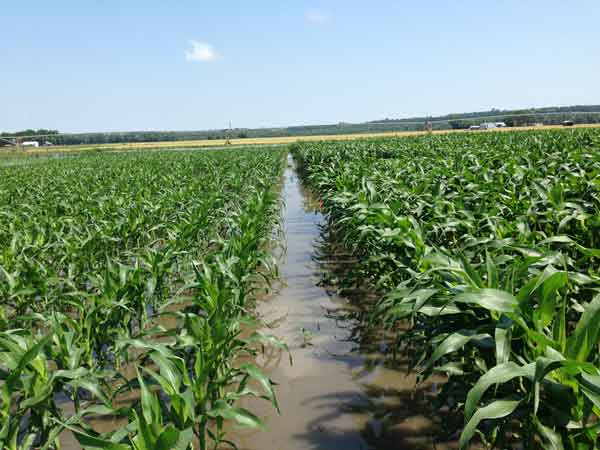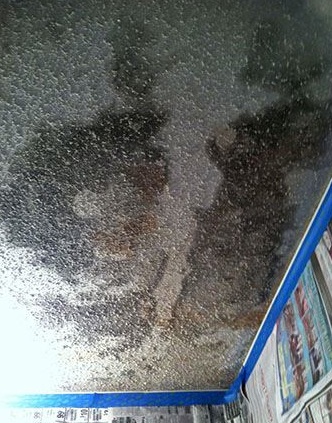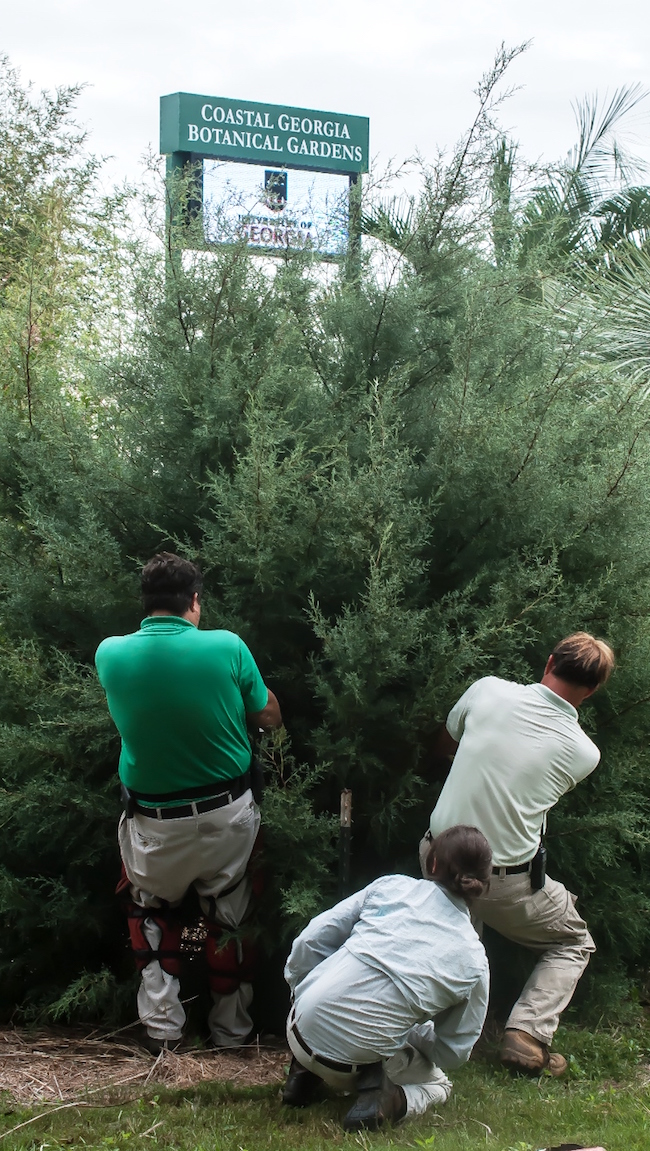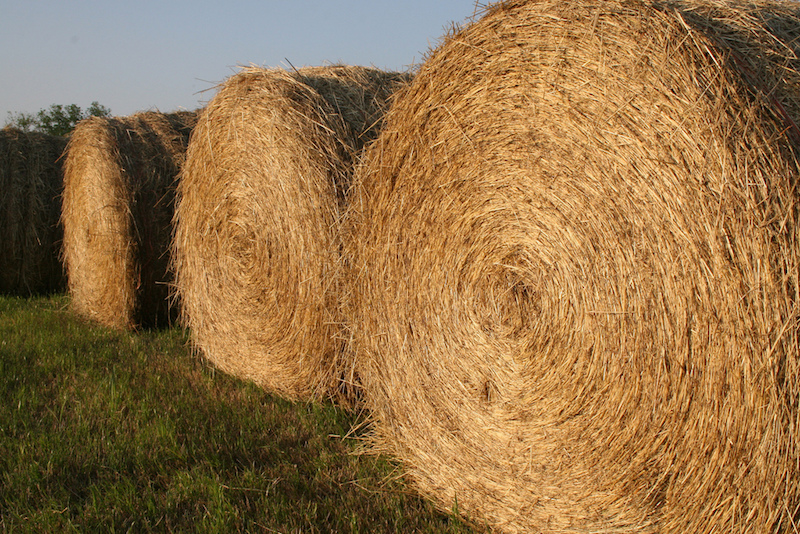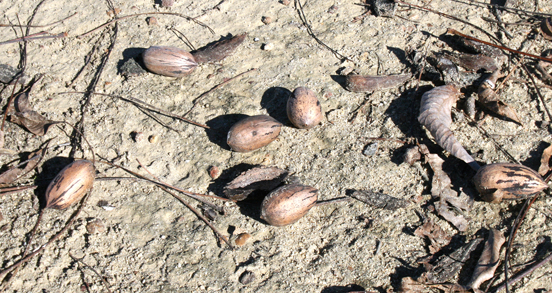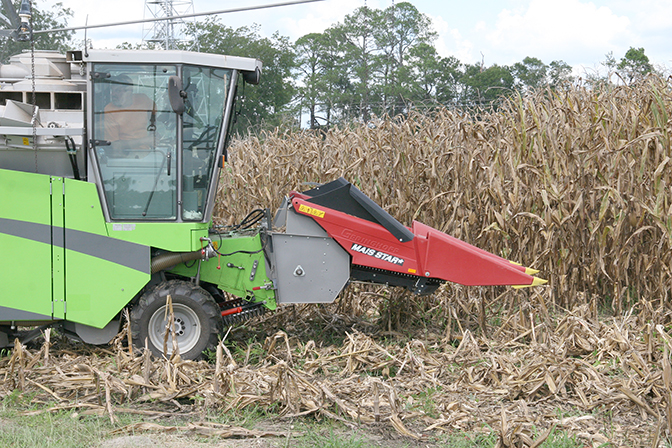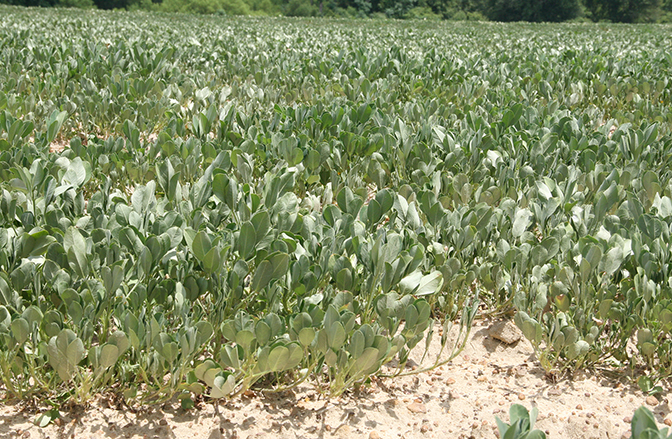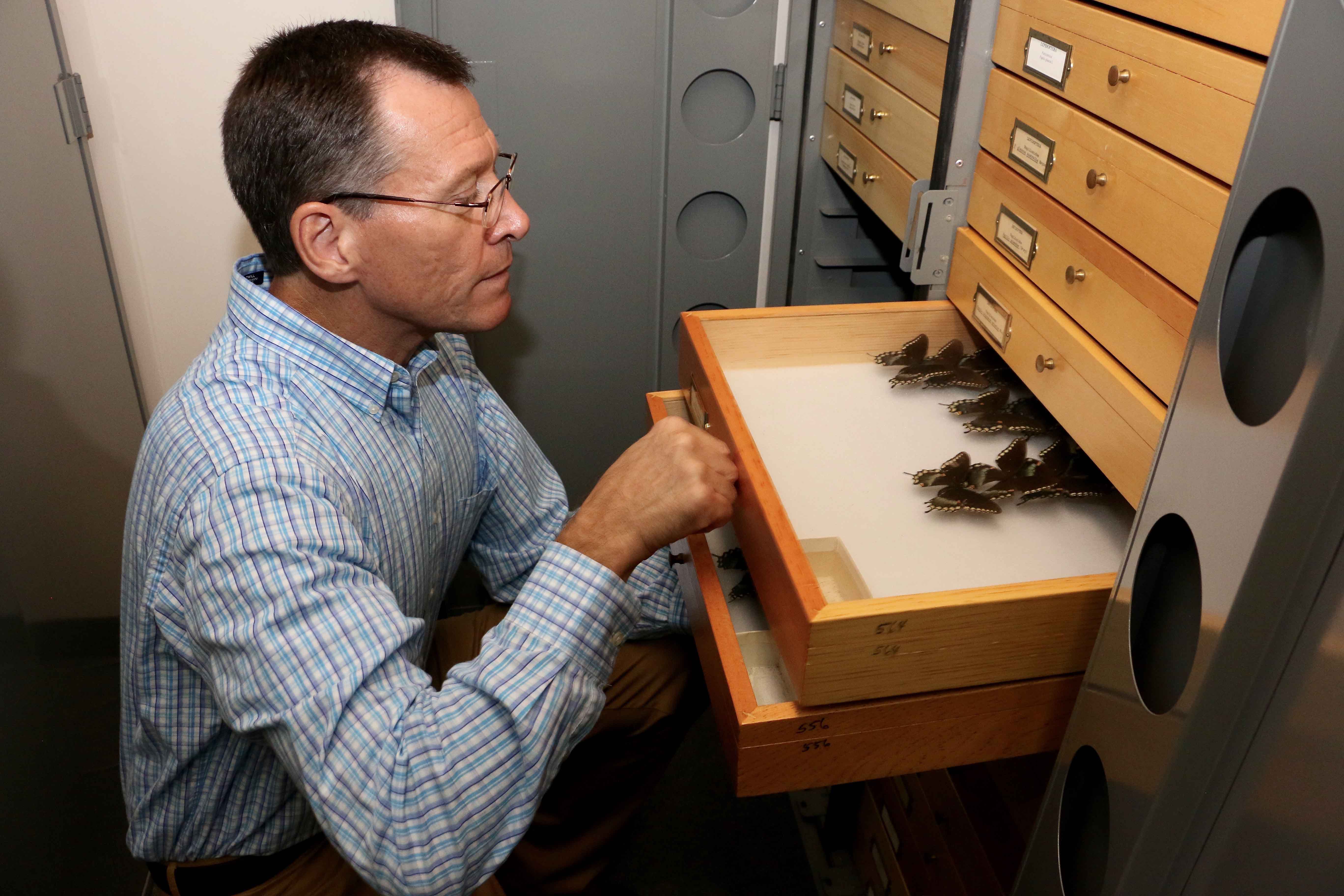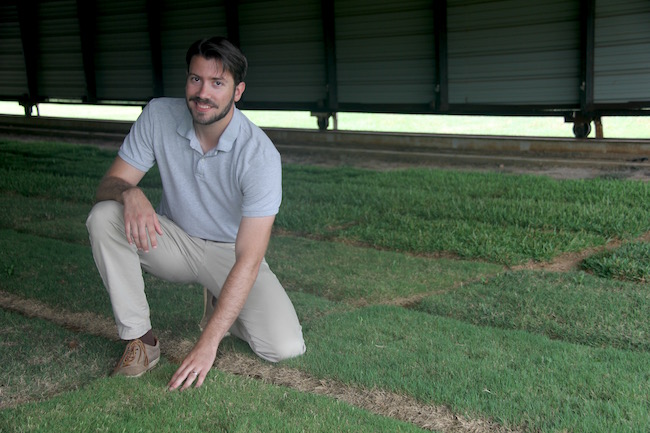 CAES News
CAES News
New Turf Researcher
New Jersey native David Jespersen was selected to fill retired UGA turfgrass physiologist Bob Carrow’s position based in part on his research on the effects of heat stress on creeping bentgrass. Jespersen is adjusting to life in the South and to working on a small extended university campus.

